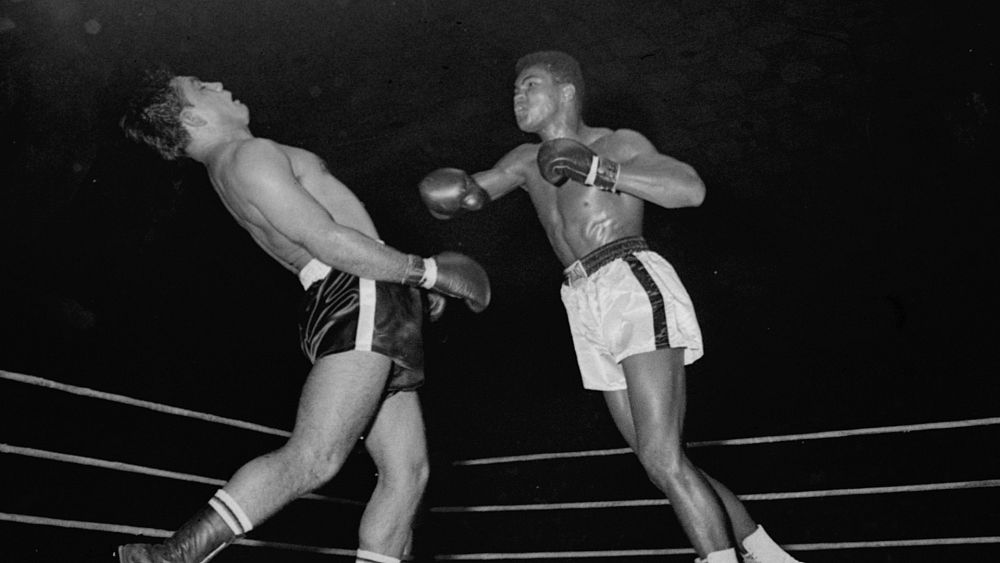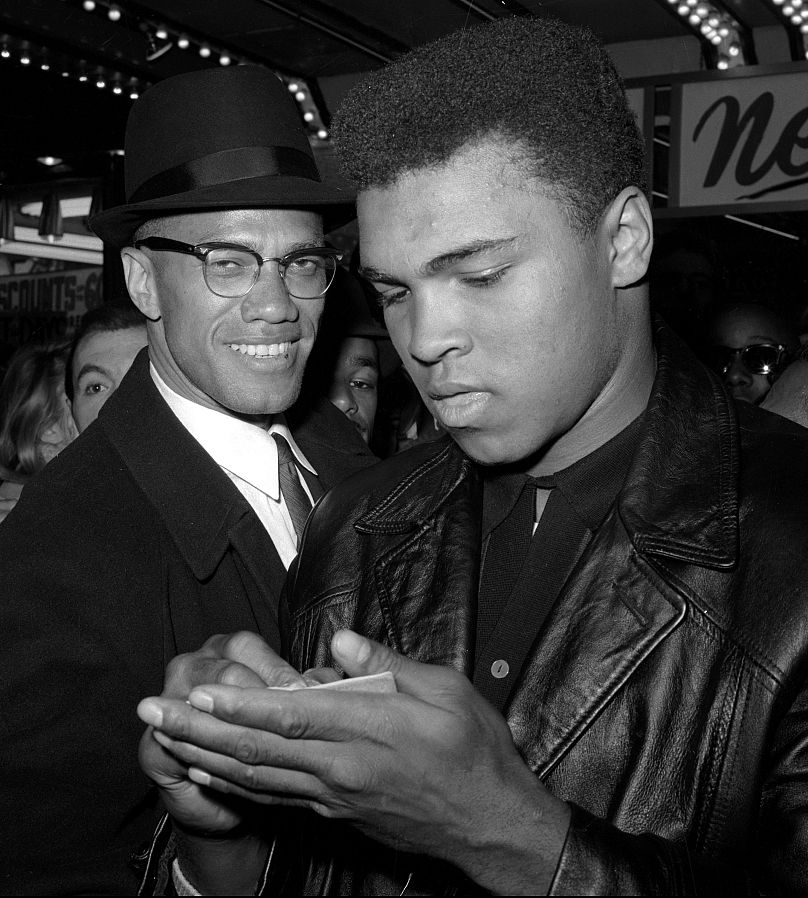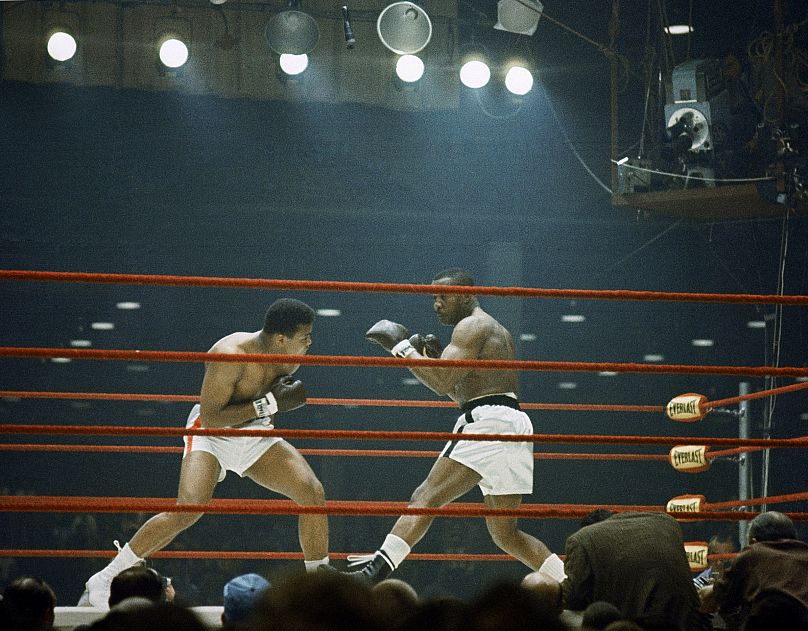
6 March 1964: Cassius Clay changed his name to Muhammad Ali
Sometimes these Re-View columns focus on a significant historical event, but at other times I like to use this space to reflect on the way a moment reflects wider history. On this day in 1964, the popular boxer Cassius Clay changed his name to Muhammad Ali. But why was it important for him to change his name?
We all know Muhammad Ali, of course. He’s easily history’s most famous boxer. Born in 1942, Ali was just 18 years old when he won a gold medal in the 1960 Summer Olympics. At the time, the civil rights movement was gaining traction, and the political and religious organisation the Nation of Islam and Malcolm X were becoming emblematic of the fight to end racial segregation.
Ali tried to join the Nation of Islam in 1961. The organisation originally refused him, questioning whether a boxer would fit the highly disciplined lifestyle expected of its members. When Ali became heavyweight champion, the Nation of Islam changed its position.

The Nation of Islam required all its members to change any names they’d inherited from slave-owners who had possessed their ancestors. For Ali, the name Cassius Clay was a name associated with the slave trade, even though he was named after his father who was named after Cassius Marcellus Clay, a 19th century abolitionist.
First, Ali changed his name to Cassius X, using the system that many members of the Nation of Islam had adopted, including its most famous member Malcolm X. He then went further and officially changed his name to Muhammad Ali.
Ali regarded his old name as “a slave name” and of the man he was named after that “he may have gotten rid of his slaves, but (he) held on to white supremacy.” Despite his position as an abolitionist, Cassius Marcellus Clay had owned many slaves.

Alongside Malcolm X and Muhammad Ali, in the UK the West Indies civil rights activist Michael de Freitas also changed his name to Michael X.
One of the most significant examples is Cudjoe Lewis, the third-to-last living survivor of the Atlantic slave trade. Born in 1841 in modern-day Benin, Lewis was taken to the US in 1860. When the Civil War ended in 1865, Lewis became a free man.
Lewis spent much of his life educating people about the slave trade. He died in 1935, but not before speaking to the author Zora Neale Hurston. In her book ‘Barracoon: The Story of the Last “Black Cargo”’, posthumously published in 2018 she regales the delight when she addressed Lewis by the name his mother gave him: Oluale Kossula.

